Last week, GWNET held its third knowledge-transfer webinar for the participants of the LAC & MENA Mentoring Programme 2019/2020, on the topic of Global Governance in the Energy Sector. We were excited to welcome key speaker Dr Irene Giner-Reichl, an Austrian career diplomat with established expertise in sustainable development, women’s rights, development policy and energy. Irene currently works as an Austrian Ambassador in Brazil and is the President of the Global Forum on Sustainable Energy, Vice-President of REN21 and President of GWNET.
Global Governance is a term used to describe the set of rules and the architecture of institutions that humanity has created to give direction to its international relations and its development in general. Since the emergence of Global Governance after World War II and the establishment of its most important institutions (Bretton Woods, UN and WTO), much has evolved. At the present time, the COVID-19 crisis presents an unforeseen hurdle for international relations, including the achievement of renewable energy targets.
During the webinar, Irene referred to the guiding compass that the international community has set to give direction to the global development – the Sustainable Development Goals (SDGs), with special focus on SDG 7 – Affordable and Clean Energy – and SDG 5 – Gender Equality. The presentation provided helpful references and links that gave the audience the possibility to gain deeper insight into these two interlinked fields through practical examples. Irene also shared her thoughts on other key institutions like the European Union, the United Nations and REN21 and their role on SDGs and Global Governance.
Irene brought together large, complex topics in a simple way and thus generated great interest on the part of the audience. Some key insights from the presentation and subsequent Q&A session included:
- As multilateralism was already under pressure, the current crisis challenges global governance at different levels. For example, it strengthens the agency of national governments but, at the same time, a major re-nationalization takes place.
- One goal during this time is to strengthen cooperation at regional levels in order to end energy poverty in the most vulnerable countries.
- Urban and public planning must be more integrated in the future to ensure access to clean energy, especially in quickly growing cities.
- Due to this crisis, we will learn to adopt new ways of interacting but more than ever, we must keep focused on the targets we have set.
If you are interested in knowing more about GWNET’s mentoring programmes, read more here.


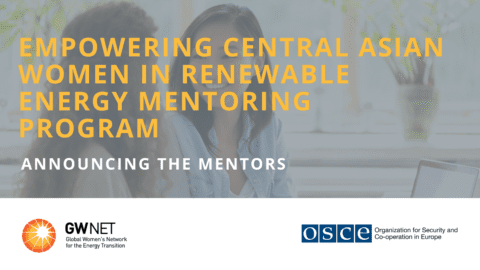


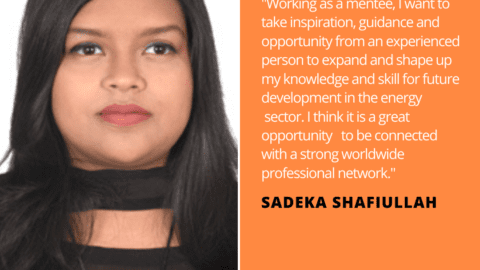
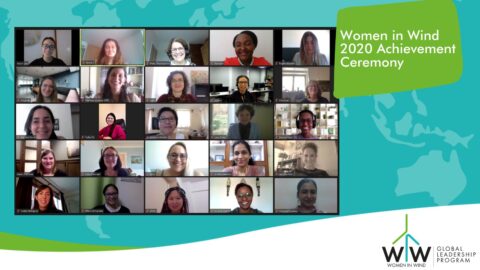

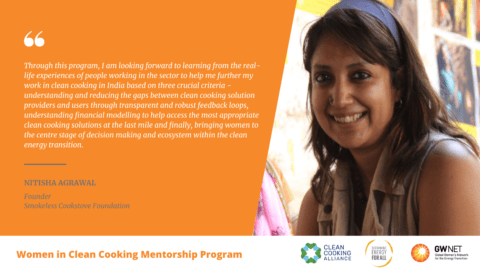
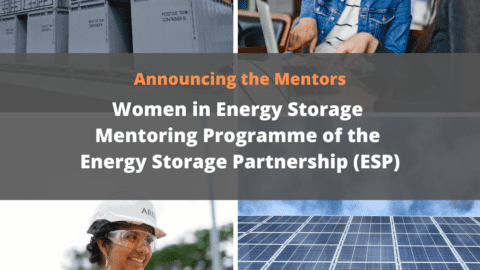


This was an excellent webinar and, in my opinion, very insightful as well. From my perspective as a junior researcher in Energy Policy, I think we must also talk about the interdisciplinary aspects of Energy and how we can profit from the interaction and communication between different disciplines to boost the accomplishment of Sustainable Development Goals.
We’re glad to hear that you enjoyed the webinar, Sara, and we definitely agree on the necessity of addressing energy in a holistic manner.
The GWNET Team